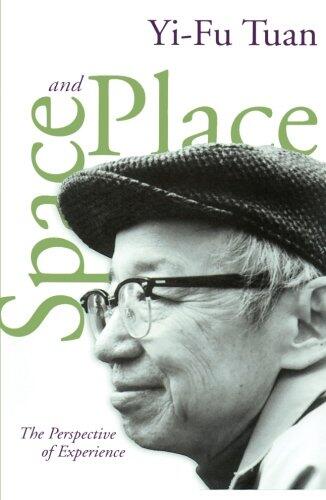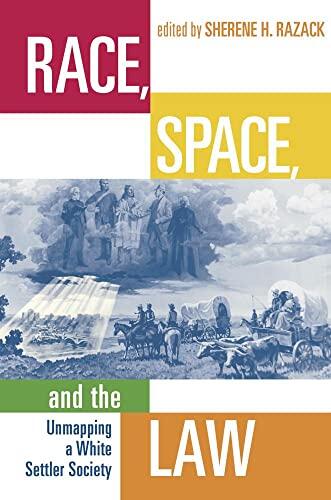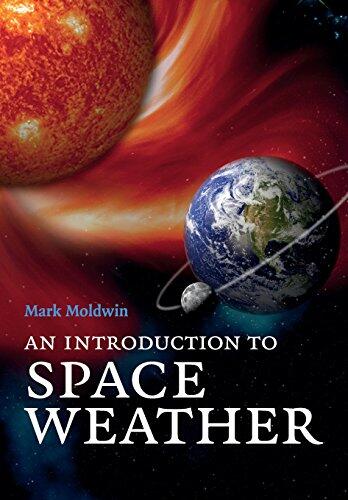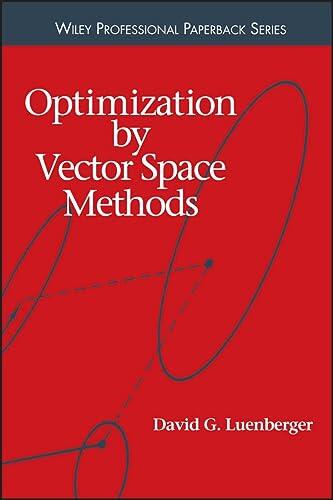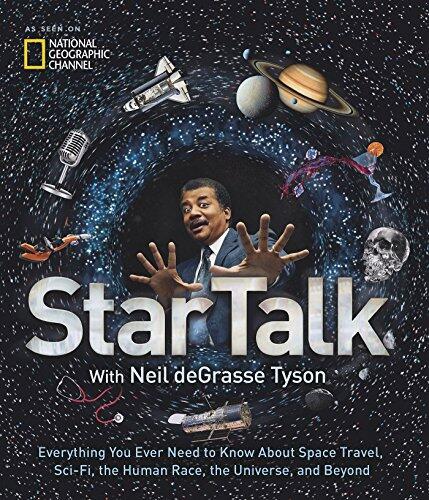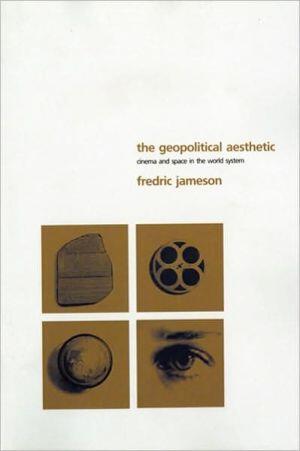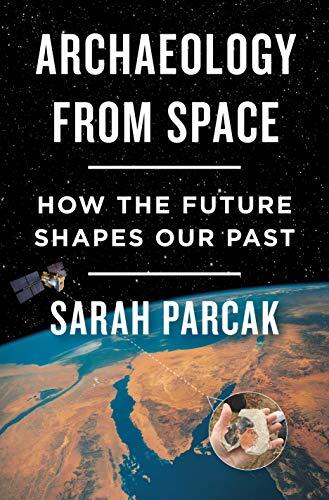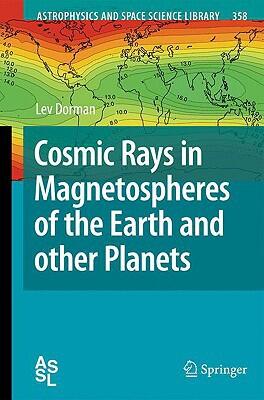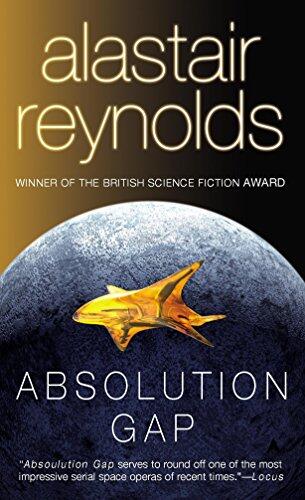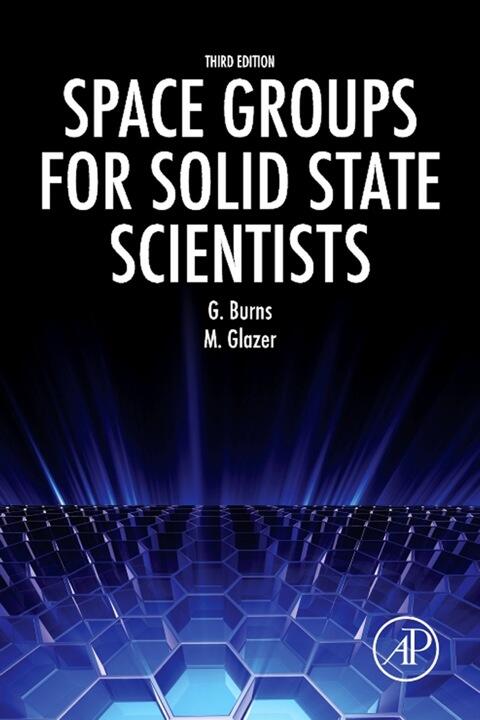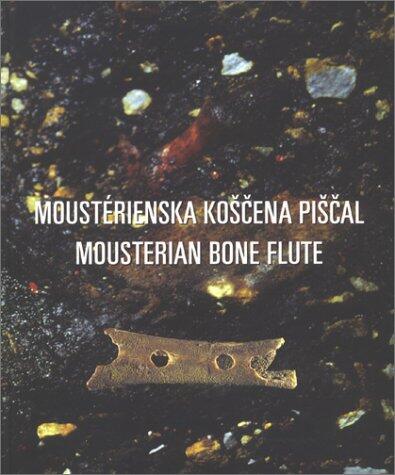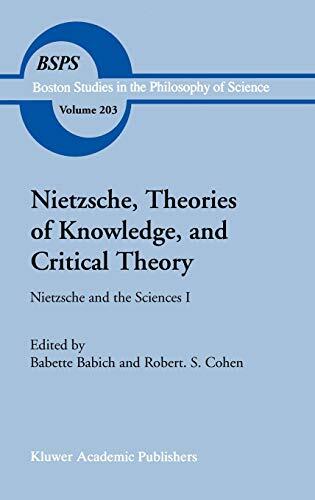
Nietzsche, Theories of Knowledge, and Critical Theory: Nietzsche and the Sciences I
아직 평점이 없습니다
Science & Technology
History
Philosophy
형식
하드커버
페이지
368
언어
영어
출판됨
Aug 31, 1999
출판사
Springer
판
1999
ISBN-10
0792357426
ISBN-13
9780792357421
설명
Babette E. Babich delves into the intricate relationship between Nietzsche's philosophy and contemporary theories of knowledge, exploring how his thoughts resonate within the framework of critical theory. The work presents an in-depth analysis that connects Nietzsche's epistemology with modern scientific thought, offering readers a compelling examination of how his ideas continue to influence various fields of inquiry.
Through meticulous scholarship, Babich investigates multiple aspects of Nietzsche's critique of knowledge, emphasizing the philosopher's challenge to traditional epistemological views. She articulates how Nietzsche’s insights prompt a re-evaluation of accepted scientific paradigms, encouraging a more nuanced understanding of truth and interpretation in knowledge acquisition. The discussions are rich with context, drawing connections between Nietzsche’s historical backdrop and the ongoing debates in philosophy and science.
Ultimately, Babich’s exploration serves not only as a critical examination of Nietzsche's contributions but also as an invitation for readers to engage with the complexities and implications of knowledge in the modern age. By navigating through the intersections of philosophy, science, and critical theory, she encourages a fresh perspective that resonates with contemporary intellectual discourse.
Through meticulous scholarship, Babich investigates multiple aspects of Nietzsche's critique of knowledge, emphasizing the philosopher's challenge to traditional epistemological views. She articulates how Nietzsche’s insights prompt a re-evaluation of accepted scientific paradigms, encouraging a more nuanced understanding of truth and interpretation in knowledge acquisition. The discussions are rich with context, drawing connections between Nietzsche’s historical backdrop and the ongoing debates in philosophy and science.
Ultimately, Babich’s exploration serves not only as a critical examination of Nietzsche's contributions but also as an invitation for readers to engage with the complexities and implications of knowledge in the modern age. By navigating through the intersections of philosophy, science, and critical theory, she encourages a fresh perspective that resonates with contemporary intellectual discourse.

